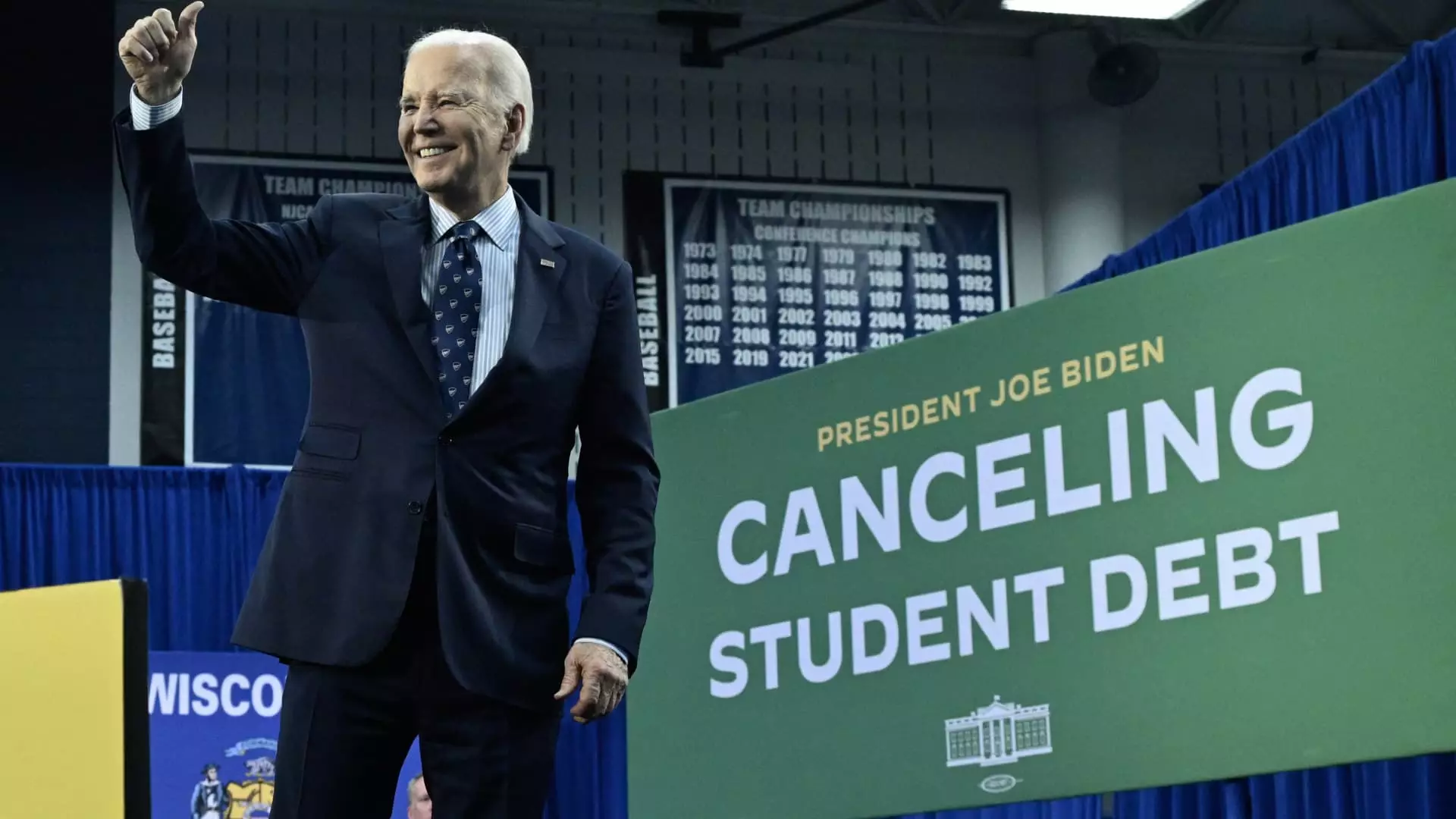President Joe Biden’s administration is facing a significant challenge as they aim to start forgiving the student loans of millions of Americans before the November presidential election. The proposal for debt relief was published in the Federal Register in April, inviting public comments on the initiative. It is noteworthy that the administration will need to review over 34,000 pieces of feedback, highlighting the intense interest and engagement surrounding the topic. The volume of comments indicates a substantial level of scrutiny and investment from the public, showcasing the importance of this issue to many individuals.
As articulated by higher education expert Mark Kantrowitz, it is evident that controversial and polarizing topics tend to elicit a higher volume of public responses. This observation underscores the divisive nature of the student loan forgiveness debate, with individuals expressing varying opinions and sentiments on the matter. While some support the idea as a means of alleviating financial burdens and stimulating economic activity, others raise valid concerns regarding the implications of such widespread debt relief. The diversity of perspectives reflects the complex nature of the issue and the need for comprehensive analysis before any decisions are made.
Delving into the comments submitted on Regulations.gov, it is clear that there is a range of emotions and experiences driving the dialogue around Biden’s student loan forgiveness plan. From individuals sharing personal struggles with mounting debt to those advocating for a more pragmatic approach to higher education financing, each comment offers a unique insight into the impact of student loans on individuals and communities. The emotional intensity and personal anecdotes shared in these responses underscore the deeply personal and consequential nature of student loan debt.
One of the key themes that emerge from the feedback is the tension between equity and personal responsibility in the context of student loans. While some argue for the need to address systemic barriers and inequities that contribute to student debt, others emphasize the importance of individual agency and accountability in financial decision-making. The debate surrounding who should bear the burden of student loan forgiveness and the implications for taxpayers underscores the complex moral and ethical considerations at play.
Beyond the individual testimonies and arguments presented in the public comments, there is a broader discussion around the economic and social impact of Biden’s student loan forgiveness proposal. Proponents highlight the potential stimulus effect of debt relief on local economies and the potential for greater financial stability among borrowers. Additionally, there is a recognition of the historical and intergenerational disparities that have shaped the current landscape of student debt, particularly impacting marginalized communities. Approving student loan debt relief is seen as a means of addressing these disparities and advancing economic justice.
The extensive public feedback on President Biden’s student loan forgiveness proposal reflects the complexity and significance of this issue in American society. The diverse perspectives, ranging from personal hardships to philosophical objections, highlight the multifaceted nature of student debt and the challenges inherent in addressing it. As policymakers consider the public comments and assess the implications of debt relief, it is crucial to engage with the nuances of the discourse and prioritize the well-being of borrowers while promoting equity and accountability in higher education.

